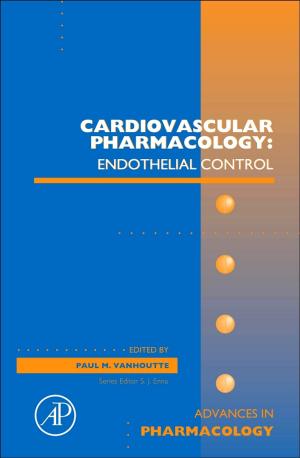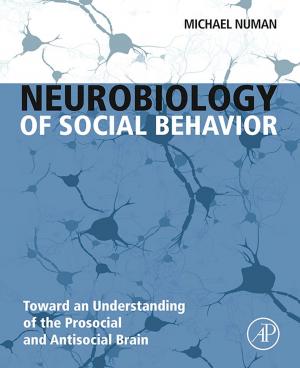Perspectives on Behavioral Medicine
Neuroendocrine Control and Behavior
Nonfiction, Health & Well Being, Medical, Medical Science, Physiology, Science & Nature, Science, Biological Sciences, Human Physiology| Author: | ISBN: | 9781483259598 | |
| Publisher: | Elsevier Science | Publication: | October 22, 2013 |
| Imprint: | Academic Press | Language: | English |
| Author: | |
| ISBN: | 9781483259598 |
| Publisher: | Elsevier Science |
| Publication: | October 22, 2013 |
| Imprint: | Academic Press |
| Language: | English |
Perspectives on Behavioral Medicine, Volume 2: Neuroendocrine Control and Behavior provides a selective overview of important recent developments in the neurosciences related to neuroendocrine control mechanisms which have important implications for major areas of interest in behavioral medicine. The book begins with a general introductory chapter that presents a synthesis of related developments in the biomedicai and behavioral sciences which have played an important role in the emergence of the field of behavioral medicine, with particular emphasis on developments in behavioral biology concerned with neuroendocrine control. The remaining chapters are organized into two parts. Part I provides an introduction to recent developments concerning neuroendocrine control, as well as a consideration of general implications of such developments for the stress field. Part II shows how the integrative efforts of the first section might be applied toward improving our understanding of the role of behavioral and psychosocial factors in several specific illnesses.
Perspectives on Behavioral Medicine, Volume 2: Neuroendocrine Control and Behavior provides a selective overview of important recent developments in the neurosciences related to neuroendocrine control mechanisms which have important implications for major areas of interest in behavioral medicine. The book begins with a general introductory chapter that presents a synthesis of related developments in the biomedicai and behavioral sciences which have played an important role in the emergence of the field of behavioral medicine, with particular emphasis on developments in behavioral biology concerned with neuroendocrine control. The remaining chapters are organized into two parts. Part I provides an introduction to recent developments concerning neuroendocrine control, as well as a consideration of general implications of such developments for the stress field. Part II shows how the integrative efforts of the first section might be applied toward improving our understanding of the role of behavioral and psychosocial factors in several specific illnesses.















